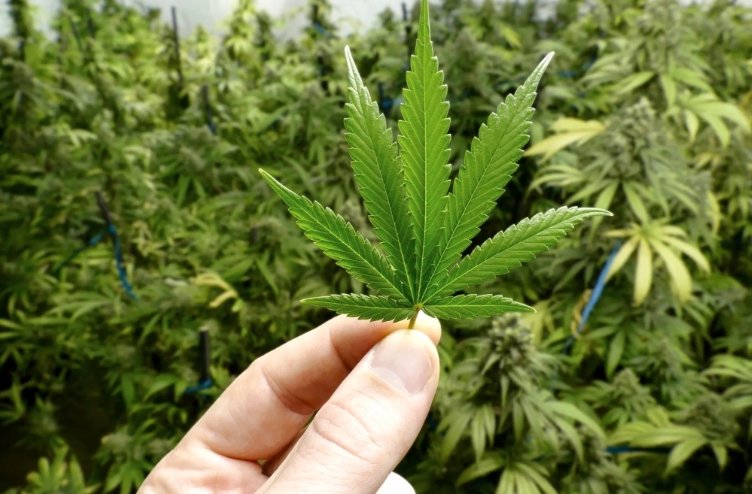The debate surrounding marijuana legalization in the United States has reached a new zenith. A recent White House report to Congress has cast a spotlight on the concerns of law enforcement agencies nationwide. These agencies assert that the legalization of marijuana has not effectively curtailed the market for unlicensed cannabis products, which continue to be sold by illicit vendors.
The Legalization Landscape
The journey towards marijuana legalization has been fraught with contention and contrasting perspectives. While advocates for legalization argue that it reduces the strain on the judicial system and provides a boost to the economy through taxation, law enforcement agencies have raised alarms about the persistence of the black market. Despite the legalization in several states, the demand for unlicensed cannabis products remains robust, posing challenges to the efforts aimed at dismantling illicit operations.

The legalization movement has also sparked a dialogue about the social implications of marijuana use. Proponents highlight the medicinal benefits and the injustice of incarcerating individuals for possession of a substance that is becoming increasingly accepted. However, detractors point to the potential for abuse and the societal costs associated with widespread use.
Enforcement and Regulation
The crux of the issue lies in the enforcement of marijuana laws and the regulation of its sale. Law enforcement agencies report that while the legal market for cannabis grows, the black market thrives alongside it, largely unchecked due to criminal justice complications. This has led to a situation where, despite legalization, illicit activities continue to flourish, undermining the objectives of creating a regulated market.
The report underscores the difficulties faced by law enforcement in states where marijuana has been legalized for medical or recreational use. In Michigan, for instance, the black market for marijuana persists, with the state’s produce being trafficked to regions where it remains illegal. Similarly, in Nevada, resources are being diverted from combating the black market to addressing drugs that cause significant overdose deaths.
A Path Forward
As the nation grapples with these challenges, the path forward requires a nuanced approach that balances the benefits of legalization with the realities of enforcement. The White House report serves as a critical piece of the puzzle, providing Congress with insights into the hurdles faced by law enforcement and the potential policy responses that could address these issues.
The conversation about marijuana legalization is far from over. It is a complex issue that encompasses legal, social, and economic dimensions. As the debate continues, it will be essential to consider the voices of all stakeholders, including those tasked with upholding the law.



